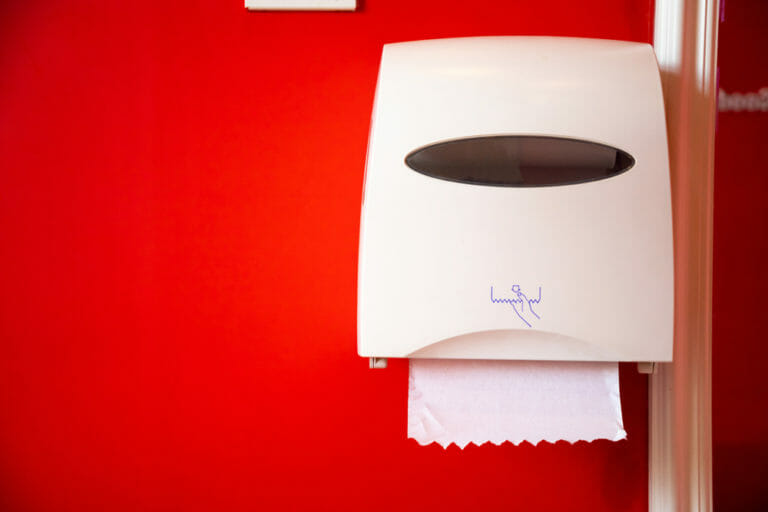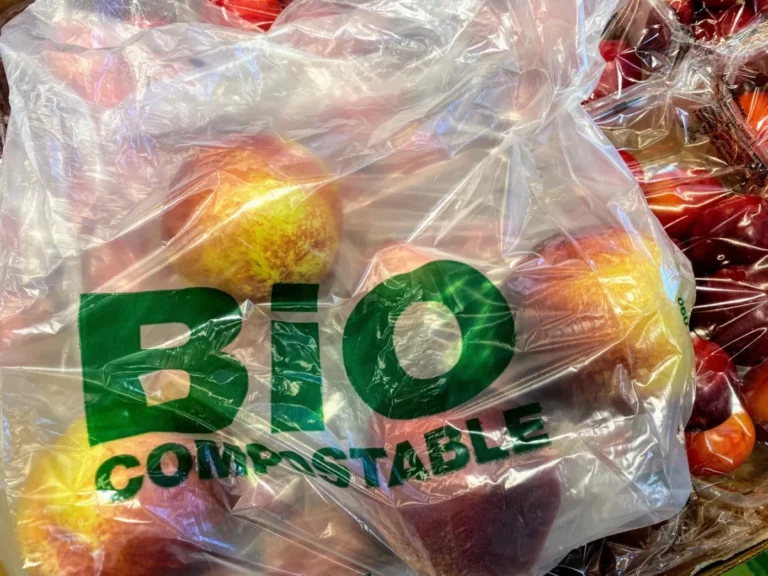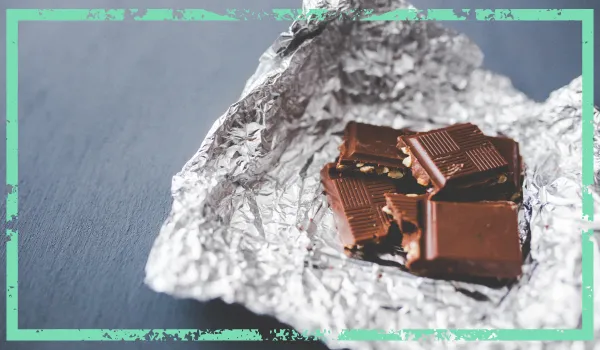Are Coffee Filters Compostable?
Find out whether coffee filters are compostable and how to dispose of them without contributing to the landfills.
Do you compost your coffee filters? If not, you may be wondering why we are asking. Coffee filters are made of paper and are biodegradable, which means you can compost them.
Most of the time, they are made from recycled paper.
So, if you are looking for a way to reduce your environmental impact, composting your coffee filters is a great way to do it!
Are Coffee Filters Compostable?
The answer is not as simple as you might think. According to the EPA, coffee filters are made from a blend of materials, including paper and polypropylene plastic coating filters. This combination makes them difficult to break down in a backyard compost bin.
Get Your Hand on Your Eco-Friendly Living Starter Guide!
However, some industrial composting facilities may accept coffee filters because they operate at higher temperatures than a home compost bin, which helps break down the filters more quickly.
In addition, some companies that make coffee filters claim that their products are compostable. However, checking with your local composting facility before assuming they will accept your coffee filters is essential.
Ultimately, the best way to compost paper coffee filters is to buy ones made from 100% recycled paper or 100% natural fibers.
These filters are easier to break down and less likely to end up in landfills.
How Are Coffee Filters Compostable?

Coffee filters are compostable, meaning microbes can break them down into nutrient-rich organic matter.
This process occurs when coffee filters are exposed to oxygen and moisture, allowing bacteria and fungi to break down the cellulose fibers.
Composting coffee filters help to reduce waste, as well as provide valuable nutrients for plants. Used coffee grounds can also be added to compost, providing additional plant nutrients.
The composting process can take anywhere from a few weeks to several months, depending on the conditions.
You can add coffee filters to backyard compost bins or commercial composting facilities. To speed up the composting process, it is recommended to chop or tear the filters into smaller pieces.
Read More: 5 Best Eco-Friendly Alternatives To Latex Gloves
What Are Coffee Filters Made Of?
Coffee filters are made from various materials, including paper, cloth, and metal. The paper filter is the most common type of coffee filter, typically made from bleached paper pulp.
Paper filters trap coffee grounds and debris, leaving only the desired coffee liquid in the coffee machine or maker.
Cloth filters are less common than paper filters but offer several benefits, including improved flavor and reduced waste.
Metal filters are the least popular type of coffee filter, but they are also the most effective at trapping coffee grounds. Metal filters can be made from various materials, including stainless steel and aluminum.
No matter what type of paper coffee filter you use, it is important to rinse it with hot water before use to remove any lingering particles
Benefits Of Composting Coffee Filters

While coffee filters are technically compostable, most people don’t think to add them to their compost piles.
However, coffee filters can offer several benefits when appropriately composted.
- Coffee filters add carbon to the compost pile. Carbon is an essential component of compost, and cooking oil coffee filters can help to balance the carbon levels in a compost pile.
- Coffee filters can help to improve the drainage of a compost pile. The small holes in coffee filters allow excess water to drain away, preventing the compost from becoming too soggy.
- Coffee filters can help to reduce odors in the compost pile. Coffee grounds are notorious for attracting fruit flies; adding coffee filters can help keep these pests out of the bank.
- Coffee filters can help to aerate the compost pile. The small holes in coffee filters allow air to circulate, which is essential for healthy decomposition.
- Coffee filters can act as a slow-release fertilizer. As coffee grounds decompose, they release nitrogen, phosphorus, and other nutrients that can benefit plants.
The Bottom Line: Composting coffee filters are a great way to reduce waste and improve your compost pile. Coffee filters add essential carbon, improve drainage, reduce odors, and aerate the pile. They also act as slow-release fertilizers, providing plants with vital nutrients.
Read More: Eco Friendly Vs Environment Friendly: The Difference
How To Compost Your Coffee Filters?
Composting is a great way to reduce your impact on the environment and cut down on your household waste. And it’s easy to start – all you need is a little space and some kitchen scraps.
Coffee filters make excellent compost material, as they’re made from natural materials and break down quickly.
Here’s how to compost your coffee filters:
- Collect your used coffee filters in a container. If you don’t have a dedicated container, an empty margarine tub or ice cream bucket will do.
- Add the coffee filters to your compost heap or bin. If you don’t have a compost bin, you can bury them in the ground. However, enclosing them in a container will help to keep critters out.
- Once the coffee filters have broken down, you can use them as mulch or add them to your garden soil. They’ll add essential nutrients and help to improve drainage.
Composting white coffee filters is a quick and easy way to reduce your environmental impact. Give it a try today!
Additional Ways To Reduce Your Environmental Impact
Coffee filters can have a surprisingly significant environmental impact. More than 4 billion unbleached coffee filters are thrown away yearly in the United States alone, and most end up in landfills.
Coffee filters are made of paper, which means they take up valuable space in landfills and don’t decompose quickly.
However, there are a few simple ways to reduce the environmental impact of unbleached filters.
One is to switch to a reusable coffee filter. Reusable filters are made of metal or cloth and can be used repeatedly. They also don’t require the energy-intensive process of bleaching that paper filters do.
Another option is to compost coffee filters. Coffee filters are made of natural materials that break down quickly in a compost bin. It helps to reduce landfill waste and create nutrient-rich compost for your garden.
By taking a few simple steps, you can help to reduce the environmental impact of bleached coffee filters.
Final Thoughts
Overall, coffee filters are compostable. They are made of natural materials, which break down quickly in a compost bin. Coffee filters add essential carbon to the compost pile, improve drainage, reduce odors, and aerate the pile.
They can also act as a slow-release fertilizer, providing plants with vital nutrients. Composting coffee filters are a great place to start if you’re looking for ways to reduce your environmental impact.
Thanks for reading!
We hope you enjoyed this post. If you have any questions or comments, please feel free to leave them below. We’ll be happy to answer them!
Keep Reading:
Eco-Friendly Alternative To Air Conditioning: Top 11






